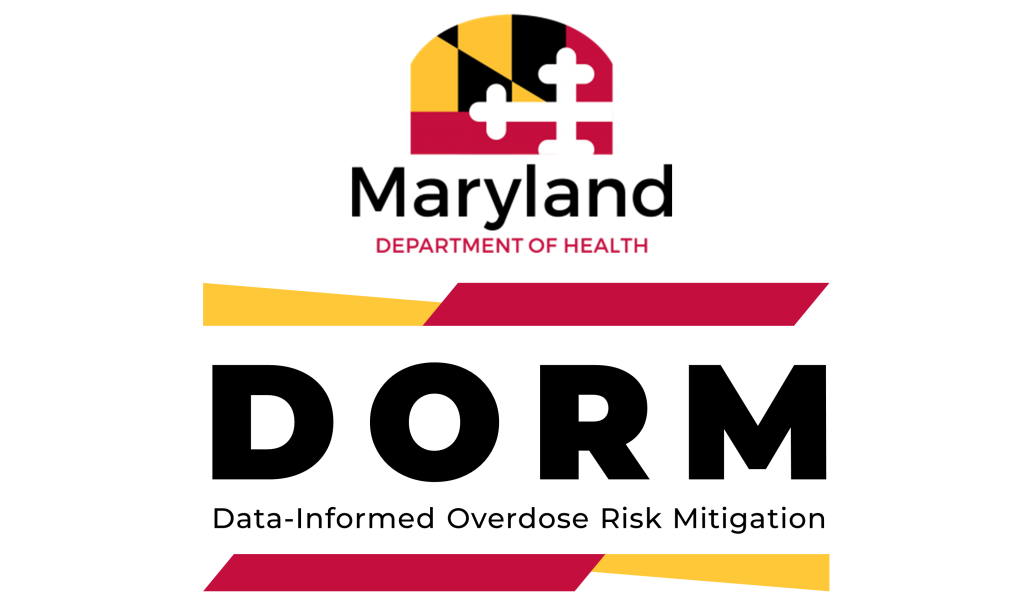
The Data-Informed Overdose Risk Mitigation (DORM) initiative was established with the passage of Maryland House Bill 922 of 2018. The purpose of this project is to examine the prescription and treatment history of individuals in Maryland who died from an overdose in order to establish overdose risk profiles and to better inform policy. To do this, the DORM project links various public health and public safety databases to examine all system interactions of overdose decedents, which can reveal common risk factors and highlight opportunities for intervention.
Reports
Data-Informed Overdose Risk Mitigation (DORM) 2022 Annual Report
Data-Informed Overdose Risk Mitigation (DORM) 2021 Annual Report
Data-Informed Overdose Risk Mitigation (DORM) 2020 Annual Report
DORM Snapshots
HSCRC Hospital Service Utilization by Fatal and Non-Fatal Overdose Victims

 1-888-373-7888
1-888-373-7888 233733
233733